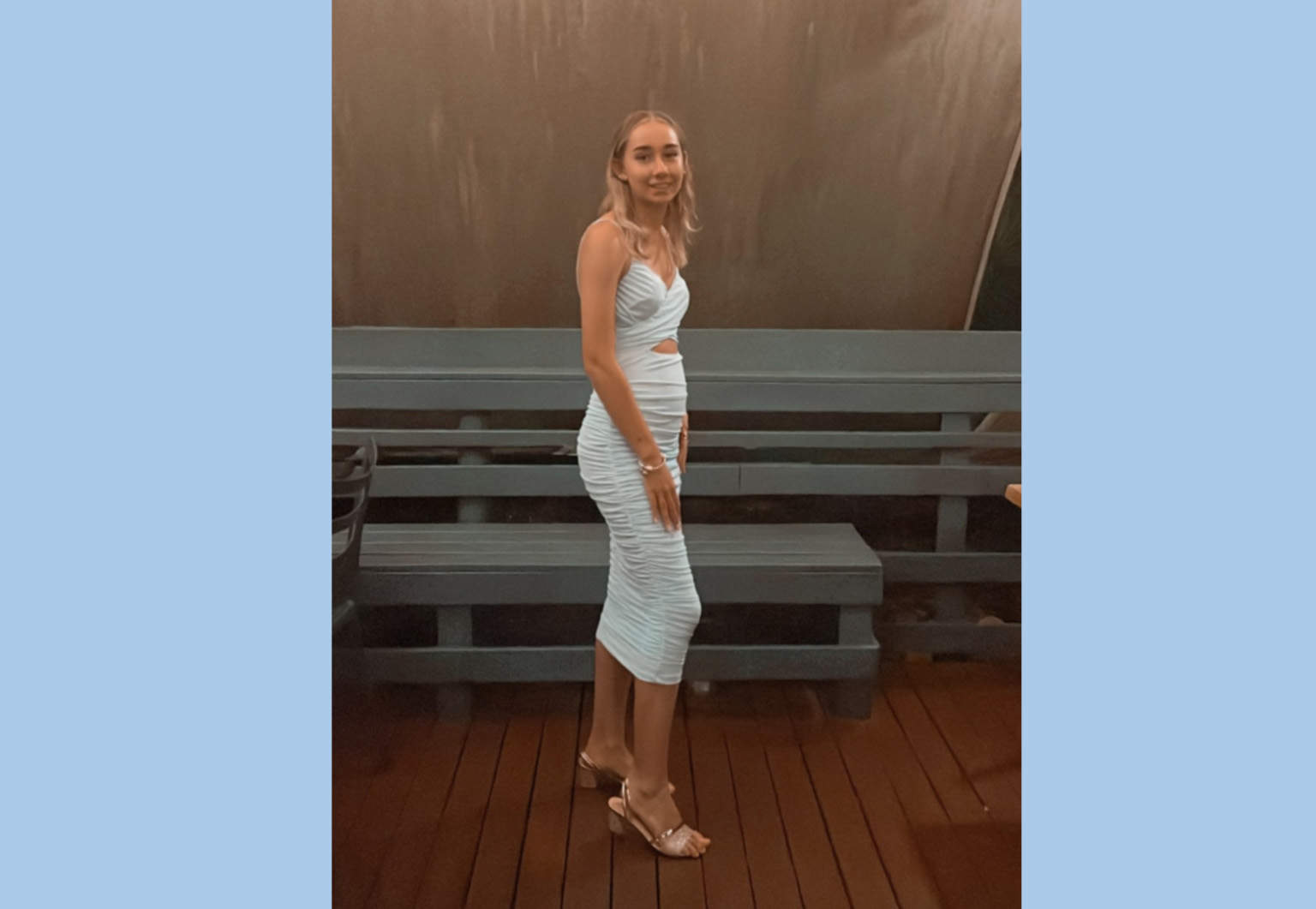
When 15-year-old Lou Eborall found out she had coeliac disease nearly three years ago, her family was confident a new diet would see their teen bounce back to her happy, energetic self.
Lou’s foster father also has coeliac disease, so the family was used to managing a coeliac-friendly diet and lifestyle.
Lou’s story didn’t immediately have a happy ending. Even after her diagnosis, another 32 months followed with ongoing symptoms and regular weight loss leading to accusations of an eating disorder.
The teenager, from rural Childers in Queensland’s Bundaberg region, had started to experience severe symptoms at the end of a stressful school term.
“Throughout the holidays my foster parents could clearly see a withdrawal in my behaviour, because of my nausea and extreme fatigue, and there was a decline in my weight even though I was maintaining a large nutritional intake,” Lou said.
“In October 2019, at the doctor’s office, and through a blood test, it was revealed I was suffering with extreme levels of coeliac disease,” she said.
“We all assumed once my diet was managed, I would change back into my bubbly, energetic self.”
Unfortunately, over the following 32 months, rather than rebound in health, Lou took a turn for the worse.
“My GP sent me to the hospital on multiple occasions, as my symptoms flared, and weight plummeted because of my lack of nutrient absorption,” Lou said. “Although we followed all the dietary plans, recommendations, completed all the tests required and even sought alternative solutions such as naturopaths, I still remained unwell.
“I was always accused of self-inflicting anorexia upon myself and starving myself… but this was never the case.” She said it was upsetting and frustrating to be accused of having an eating disorder.
“I disliked being underweight and the way my body looked in the mirror. My daily appetite was and still is enormous – I graze around all day eating a nutritional balanced diet, yet I rarely experience a fullness sensation.
“Although, it was discovered in (early) 2021 by my gastroenterologist that I had gastritis and increased inflammation from the coeliac, no treatment cured my symptoms and my health continued to deteriorate.
“My iron levels are always very low although I took all the supplements,” Lou said.
“Early in 2021 the gastroenterologist who diagnosed me with gastritis highly recommended and gave me an iron infusion. Although it gave me lots of energy at first, it only lasted six months and then my iron levels plummeted. Now I’m having three iron infusions a year.”
“Also, I’ve been suffering with a heart complaint over the past 18 months. Whenever I’d present to the Emergency Department, they’d always dismiss me and tell me that I need to see a psychologist.
“However, in recent weeks I have made some progress in a potential diagnosis which is strongly associated with coeliac disease. I still suffer with symptoms which can randomly flare up, but they never actually go away.”
Today she still experiences symptoms from coeliac disease. “If I eat anything with even a small content of gluten in it, I definitely feel it. About 20 to 30 minutes after I’ve consumed the food, I get a stabbing pain on the left-hand side of my abdomen.
“The pain is severe and generally lasts a few hours and if I take pain relief it slowly subsides. Then over the next few days, I feel extremely nauseous,” she said.
Now studying allied health at Central Queensland University, Lou says her personal experience has inspired her to share her health and wellness journey with others.
“It’s been a dream of mine to tell my story by spreading awareness of coeliac disease, its debilitating symptoms, effects and potential associating autoimmune disorders upon adolescents,” she said.
“Although you may be dismissed by medical professionals, just remember only you know your body and what you’re feeling. Fight to be heard!” Lou said.
Find out more about coeliac disease and our work in their space below: